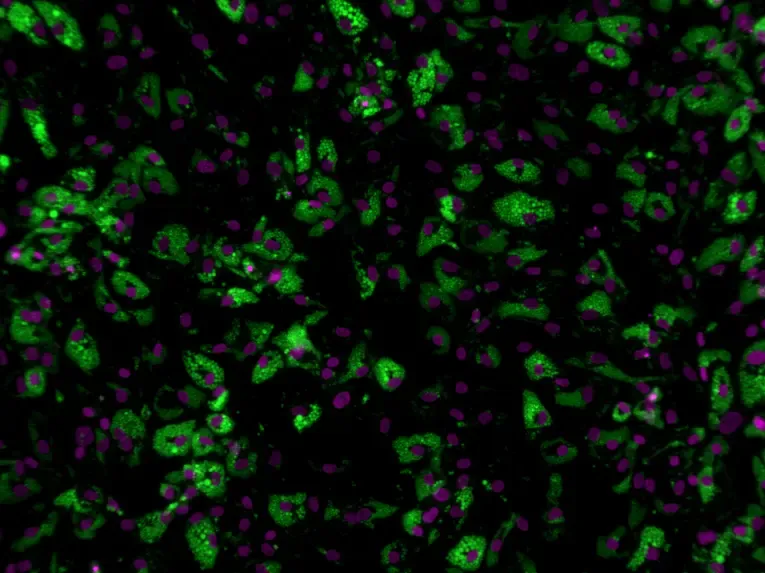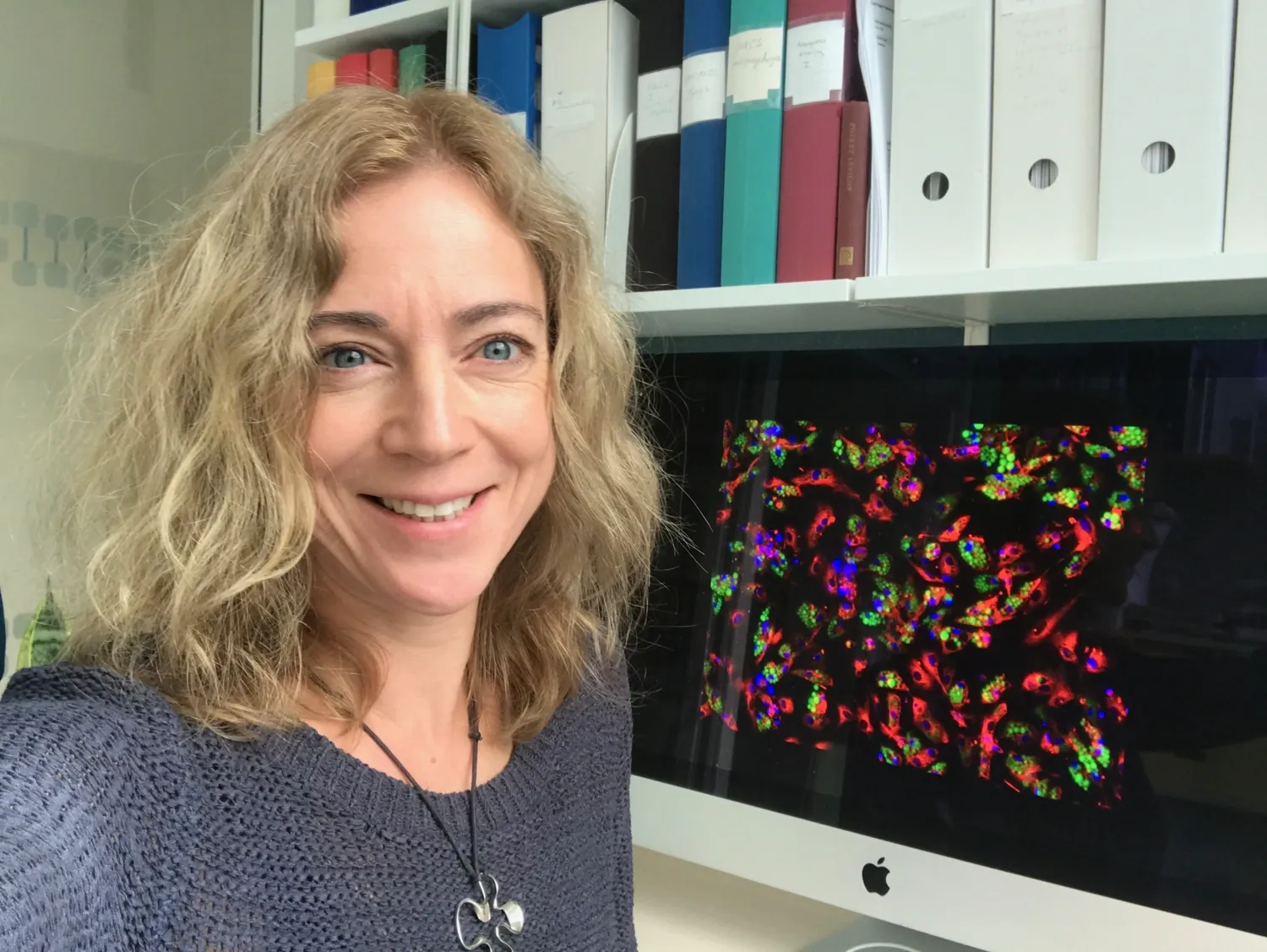Study reveals new role for inflammatory protein in fat tissue

A new study published in the scientific journal Nature Communications shows that the inflammatory protein IL-1β has an important physiological function in fat tissue. Researchers at Karolinska Institutet have discovered that IL-1β helps the body manage energy storage by signalling cells to transform into new fat cells that can safely store energy.
The study shows that IL-1β, which is usually associated with negative inflammatory effects, has a previously unknown function in healthy energy storage.

“This may have implications for the development of new therapeutic treatments that take into account the physiological effects of inflammation,” says Jurga Laurencikiene, Associate Professor at the Department of Medicine, Huddinge (MedH).
How the study was conducted
The study was conducted in collaboration with several other labs, and especially with Prof Marc Donath's group at the University of Basel, Switzerland. The researchers used different mouse models and human experimental systems to test their hypothesis. Among other things, they used in vivo genetic manipulations, where the IL-1 receptor (IL1R1) was removed specifically from fat cells or from all cells in the body. This allowed them to see how the absence of this receptor affected fat storage and metabolism in the animals.
The researchers also grew fat cell precursors from both mice and humans in the laboratory and exposed them to IL-1β. They investigated how this molecule influenced the process of these cells becoming fat cells, particularly during the early stages of their development. Gene expression analysis was used to understand which genes were activated when IL-1β was present, and they found that key genes involved in fat formation were activated.
Short- and long-term effects
The researchers also investigated how short bursts of IL-1β, such as those that occur after meals, promote healthy development of adipose tissue, while long-term exposure to high levels of IL-1β, common in obesity, disrupts this process. They observed that higher levels of potentially active IL-1β in adipose tissue of healthy individuals are linked to smaller fat cells, suggesting a more efficient production of new fat cells and a favourable metabolism.
Significance of the results and future research

“Our results highlight the importance of physiological, acute inflammation for maintaining metabolic health and it is important to develop more targeted anti-inflammatory treatments that do not interfere with this tissue remodelling function,” says Kaisa Hofwimmer, Postdoctoral researcher at the Department of Medicine, Huddinge.
The researchers plan to investigate whether IL-1β targets specific subtypes of fat cell precursors and what makes these cell types unique. They also want to pursue mechanistic investigations to understand how chronic exposure to IL-1β at the cellular level fails to induce new fat cell formation, despite the cells retaining their ability to respond to its inflammatory induction.
This study opens up new insights into how inflammation can play a positive role in the body's energy management and metabolism.
The main funders of the study were Vetenskapsrådet, Novo Nordisk foundation, European Foundation for Studies of Diabetes, KI KID grant, CIMED grant (Laurencikiene), Swiss National Science Foundation (Donath).
Publication
"IL-1β promotes adipogenesis by directly targeting adipocyte precursors" Kaisa Hofwimmer, Joyce de Paula Souza, Narmadha Subramanian, Milica Vujičić, Leila Rachid, Hélène Méreau, Cheng Zhao, Erez Dror, Emelie Barreby, Niklas K Björkström, Ingrid Wernstedt Asterholm, Marianne Böni-Schnetzler, Daniel T Meier, Marc Y Donath, Jurga Laurencikiene, Nature Communications, online 11 September, 2024, DOI: 10.1038/s41467-024-51938-x.
